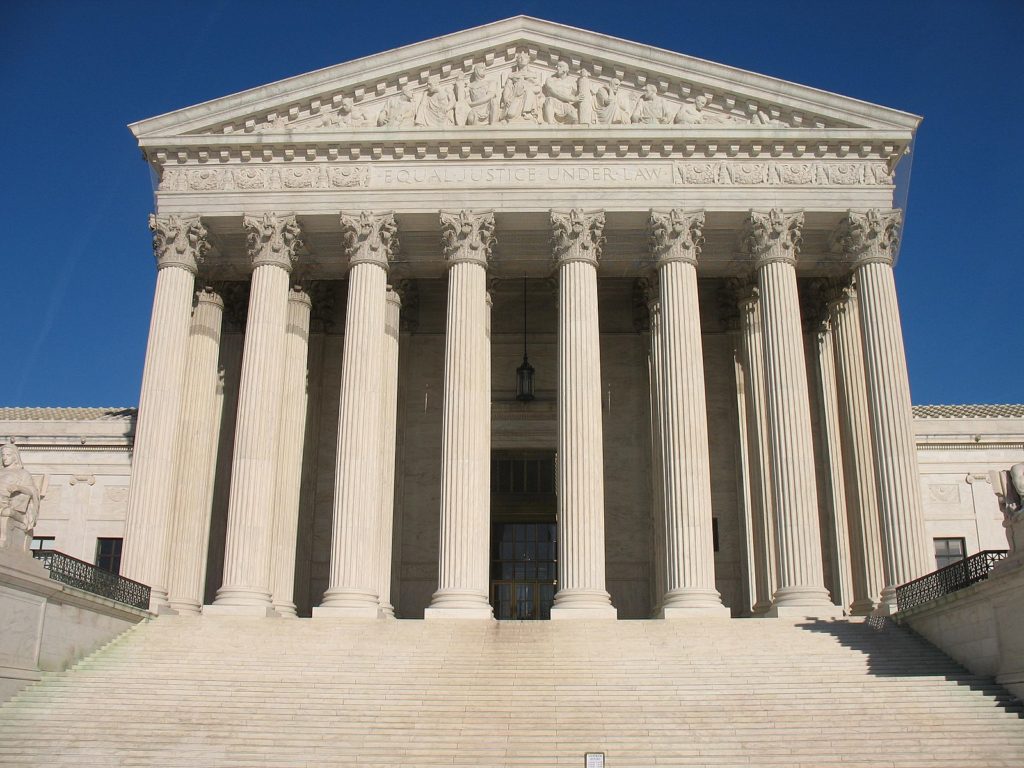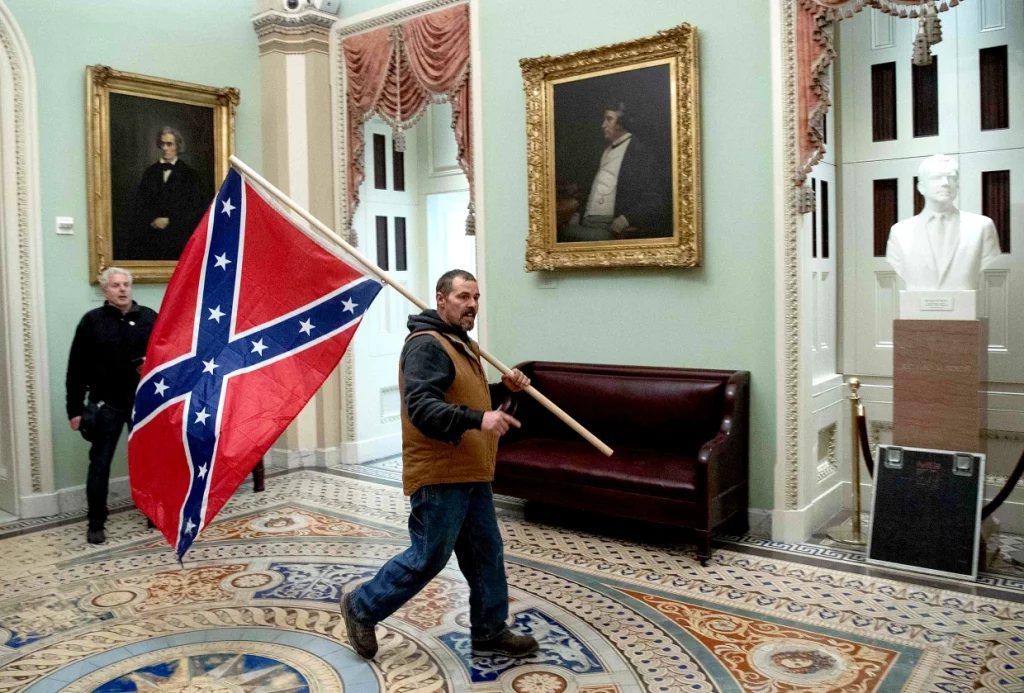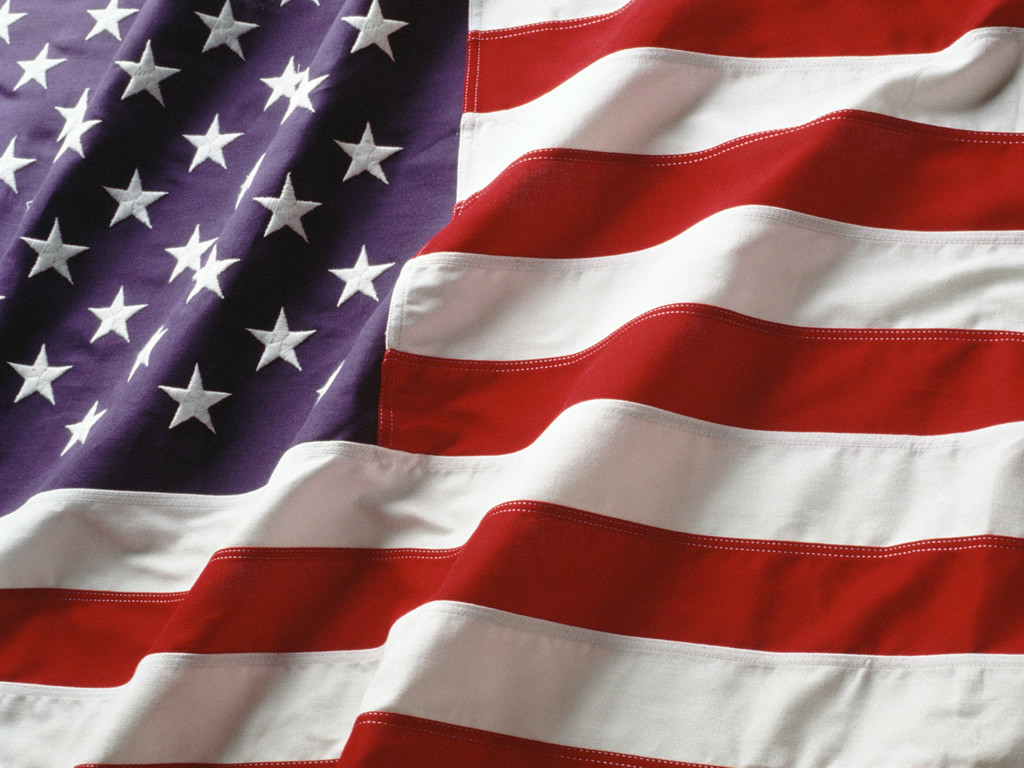
© 2007 Kjetil Ree, some rights reserved.
The U.S. Supreme Court today, by a 5-4 majority, struck down Roe v. Wade, nearly 49 years after the decision that declared a woman’s constitutional right to an abortion. I honestly never thought I’d see this day.
There was a time I would have celebrated this history-making decision. Not today. Today I am conflicted. Some background ….
I first became aware of Roe v. Wade when I studied it for a ninth-grade social studies paper, way back when the ruling itself was just seven years old. I remember the struggle I had then, long before Operation Rescue (founded in 1986); before anti-abortion zealots began to physically block access to abortion providers; before some of those zealots decided it was somehow okay, even morally right, to bomb the clinics and murder the medical professionals who performed abortions. (So much for “pro-life.”)
I remember the struggle I had as I researched and wrote that paper: my Christian faith told me that God values life over death; my reasonably-intelligent scientific study told me that an embryo growing in a womb is not merely “potential life” but real, actual, living life; the combination of faith and science told me that ending such life is, indeed, killing. These convictions led me to oppose abortion; I thought it was wrong, violating my faith, social mores, and even the Hippocratic Oath taken by physicians for nearly two thousand years. I wanted Roe v. Wade to be the rule of the land.
Yet at the same time, I struggled to understand the constitutional justification for the decision. The Court held that a woman had a right to privacy under the Fourteenth Amendment; I didn’t see that—but of course I was even less a constitutional scholar than scientist; that right to privacy had been affirmed by the Court eight years before Roe. It seemed to me that, if anything, the state (and the constitution) had a duty to protect its citizens—including the unborn; yet the unborn were not citizens, as near as I could tell; one has to be born in the U.S. to be a citizen, or at least be born to a U.S. citizen. But certainly the state had a duty to protect persons, and I believed then (and still do) that an unborn child is a person. (Numerous courts have apparently agreed with this, convicting individuals of not one but two murders when a pregnant woman and her unborn baby were killed.)
In the end, my paper followed the weak logic of a high school freshman: I argued my case against Roe v. Wade in spite of my inability to find legitimate constitutional grounds.
Four decades later, I don’t like abortion any more than I did as a high schooler. I’m a little smarter, though, and wiser; I’m more forgiving, and far less a black-and-white, either/or thinker. I may even be a little less judgmental, at least in some aspects. (Still working on that.) In numerous ways, my perspectives have shifted, broadened, grown. It’s become easier—though not always easy—to say I’m wrong, or was wrong, or may be wrong. I’ve wrestled more with inconsistencies in both my own and others’ thinking and philosophies.
I also recognize—and fear—the cultural milieu into which this new Supreme Court ruling comes, the great divides in these United States that have grown in terrifying ways over even just the last few years. And it’s not just division, but divisiveness—active, intentional, and often violent efforts to create or widen those divides.
Those who oppose abortion are celebrating today, thinking they have won a victory for life. If they are truly pro-life, let them show it by loving, supporting, and helping women in what might be the most difficult decision of their life—even if they disagree with the decision. I fear, though, that too many who declare themselves to be “pro-life” are truly more “anti-abortion,” incapable of offering that kind of love and support.
I fear the worst in our society: that women will again be subject to terror and brutality, whether on an operating table or not; that the violence of the abortion debate in the 1980s and ’90s will return.
And so today I do not celebrate the Supreme Court’s decision. Today I grieve the violence and division in our nation, and pray for her unity.



